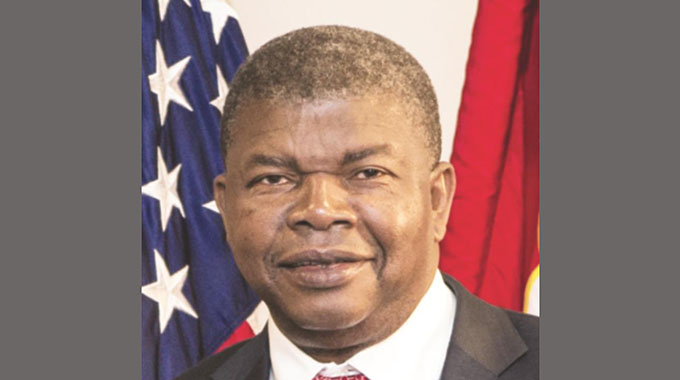Angola celebrates Independence Day

Herald Reporter
Angola yesterday celebrated 46 years of independence.
It was on November 11, 1975, that the then leader of the Popular Movement for the Liberation of Angola (MPLA), Dr Antonio Agostinho Neto, proclaimed before Africa and the world, the independence of Angola from Portuguese colonial rule as the colonial forces withdrew without a formal handover.
Angola covers 1 246 700 square kilometres and has a population of 30 million people distributed among 18 provinces.
The official language of Angola is Portuguese. Portuguese colonisation began in 1483 and ended after a long national liberation struggle, triggered by the main liberation movements the MPLA, the National Union for the Total Independence of Angola (UNITA) and the National Front for the Liberation of Angola (FNLA). With foreign backing FNLA and Unita tried to take over the country despite having less support than the MPLA and Unita in particular spent many years as a surrogate of South Africa. Fighting ended only on April 4 2002, with the signing of the peace accords.
With the achievement and consolidation of peace and under the leadership of then President José Eduardo dos Santos, Angola entered a phase of national reconstruction, economic recovery and social development, making several investments in health, education, housing, transportation and communication.
In 2006 economic growth reached 18,6 percent and rose to 26,4 percent in 2007 making its economy one of the fastest growing economies on the planet, largely due to the demand for oil worldwide but also in other sectors of the economy especially in mining where diamonds stand out.
In 2017 the country held presidential and legislative elections for the third time, culminating in the victory of the current President of the Republic, João Manuel Gonçalves Lourenço and MPLA.
Angola and Zimbabwe enjoy excellent relations of cooperation that date from the liberation wars in the two countries.
President Neto made it clear that “in Zimbabwe, Namibia and South Africa is the continuation of our struggle,” which meant that the independence of Angola was not complete while the people of those countries including Zimbabwe were under colonial rule.
In 1982, the two countries signed a cooperation agreement in several areas of common interest. With the program to diversify its economy and attract direct foreign investment,
Angola revised its private investment law in order to attract foreign entrepreneurs as well as Zimbabweans interested in investing in various sectors of the economy.
A Zimbabwean company (Baobab Group) based in Bulawayo is investing in the textile industry sector in the provinces of Benguela and Kwanza Norte.








Comments